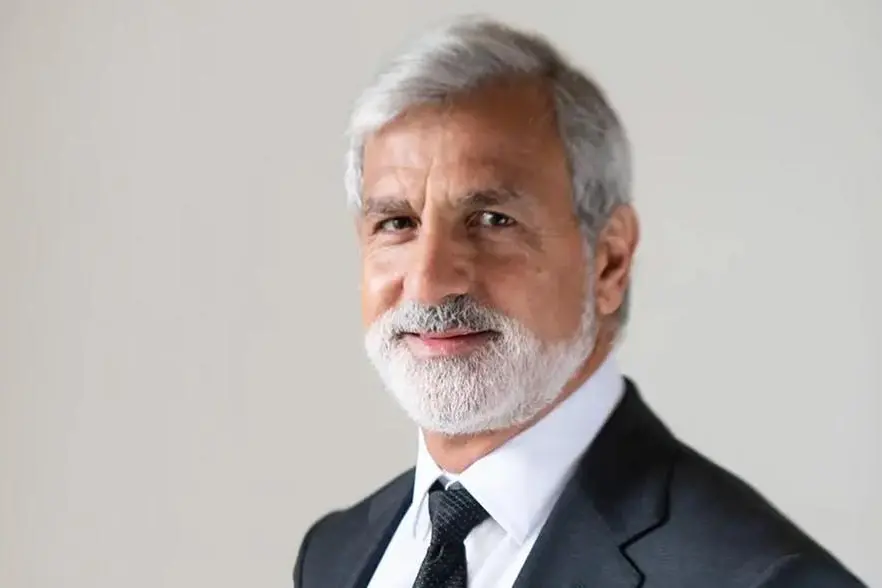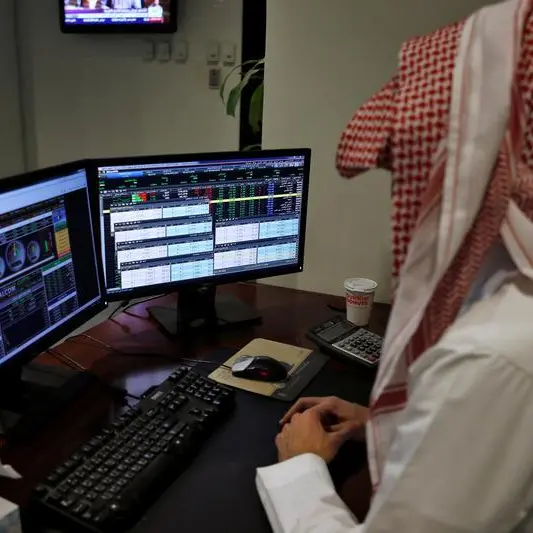PHOTO
As investors are constantly looking to construct robust portfolios and more diversified sources of growth and income, building portfolios that could generate attractive long-term returns while providing resilience during a volatile macroeconomic backdrop seems to be the key to retaining clients for wealth managers.
Global investors have many reasons to be stressed. They are weighing return potential over many scenarios, such as overheating inflation and two of Europe's largest economies heading to the polls. Other concerns are the impact of interest rates on assets and whether to embark on investments in AI without giving up on returns.
Wealth managers are advising rich clients to reallocate excess cash to assets that can provide better returns.
So where should they be investing?
"Diversified fixed income is a key area for us, and we see interesting opportunities. High quality corporate and government bonds look particularly interesting and offer attracting yields, and of course, as rates come down, potentially they give you potential for capital appreciation as well," said Themis Themistocleous, Head, EMEA Investment Office, at Swiss bank UBS.
"Markets are also pricing higher for longer outlook for interest rates, but we do think that if yields fall and inflation slows, that will be a game beneficial for these quality bonds," he added.
Middle East focus
Globally, UBS manages $5.8 trillion in invested assets as of Q1 2024. As its integration with Credit Suisse progresses, the Zurich-based bank, which has been active in the Middle East for the past 60 years, is now ramping up its Middle East wealth management business, with six people joining from HSBC and four from Deutsche Bank.
Themistocleous confirmed that UBS's Middle Eastern clients are trying to cope with higher inflation by staying invested in the markets due to clear long-term opportunities.
"Within a portfolio construction, obviously you cannot invest everything in private markets, but they show some opportunities to compensate for higher inflation. A balanced portfolio and diversification are something we have been advocating to clients," Themistocleous told Zawya.
"Also, if we look at the Middle Eastern clients, they tend to also have a little more exposure to emerging markets, because they may be in some cases higher yielding, especially in the fixed-income market," he added.
French and UK elections
European financial markets are poised for volatility as the French parliamentary elections draw near. French bonds have significantly underperformed since Macron's call for a snap election. Some investors are worried that the poll results could lead to unstable fiscal policies and opposition to EU integration.
In the UK, the countdown to the poll day, July 4, is on. Policy decisions of the new governments could lead to volatility in the stock markets.
"Do not mix politics and markets. Politics can inject a mix of bias in investment decision making. We advise clients to stay focused on long-term goals and not to be swayed by political noise. Having said that, there is likely to be market volatility," Themistocleous said.
"It makes sense to think about some risk management and hedging strategies. Some ideas we are looking at are sectors that may be particularly sensitive to election outcomes, like US consumer discretionary and renewables," he added.
While European equities have experienced a setback over the past two weeks, mostly due to Macron's surprise call for an election in France, the rally in US equities continues thanks to tech stocks lead by NVIDIA, which also became the most valuable company in the world for a short period. Many investors are on board with the sentiment that AI will be the source of future growth.
Where, specifically, should you be investing in AI?
"We have seen a lot of investment in AI, but not an equivalent monetisation of that investment. We see tangible monetisation and real earning streams in companies selling semiconductors and cloud infrastructure services," he said.
The Swiss banker said European investors should look beyond Europe for opportunities in the AI space, considering the dominance of the US in the tech sector.
"Just six companies, all US-based, have accounted for almost half of the gain in the global equity market in the last five years. So if you miss those, you have missed out," Themistocleous said.
(Writing by Seban Scaria seban.scaria@lseg.com; editing by Daniel Luiz)





















